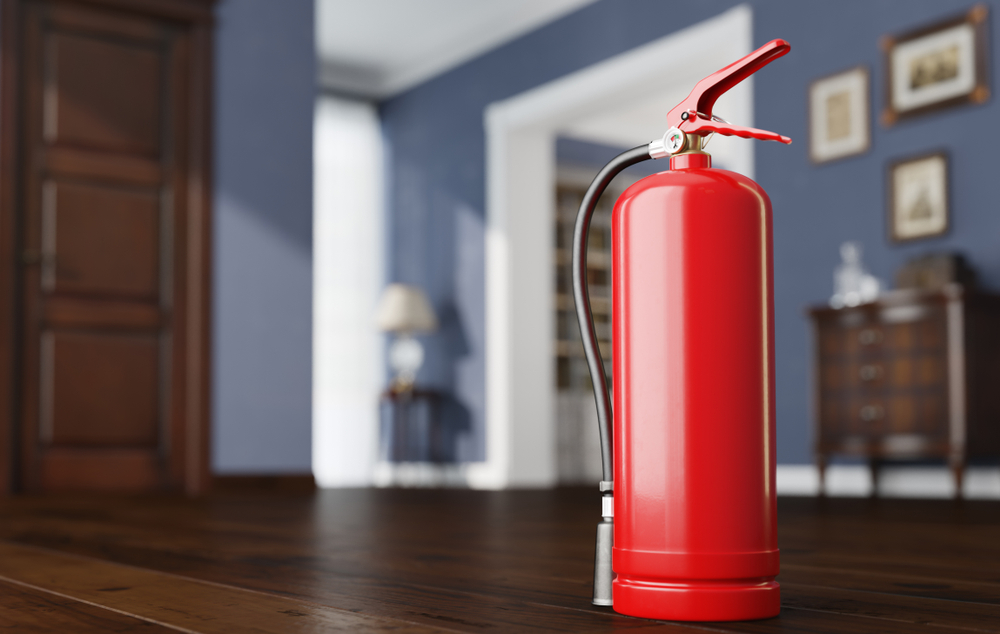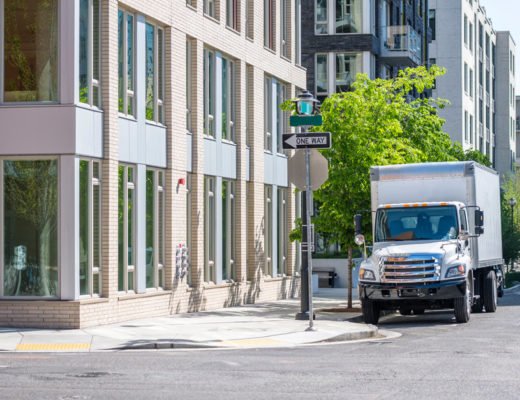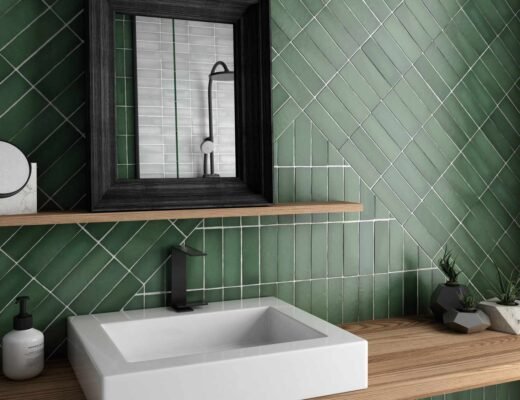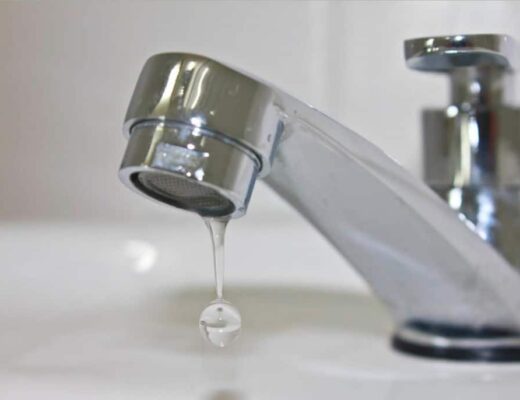A fire extinguisher should be seen as an essential piece of equipment for every home. Although you should never tackle a large blaze with a fire extinguisher, it can help to eliminate a small fire, potentially saving lives and your home from extensive damage.
However, you may not have realized but there are several different types of fire extinguishers. It is essential that you choose the right one. This will help you to put out the fire instead of making it worse.
There are more than 70 deaths from house fires every year, making the addition of a fire extinguisher more than just a good idea.
The Supplier
Before you start looking at the different types of extinguishers you need to locate reputable fire safety equipment suppliers. A good firm will offer advice based on your individual circumstances, they will have the best quality products, and they will provide warranties and guarantees to give you confidence in the fire safety equipment you’re purchasing.
This is not the time to cut costs, quality is key when choosing a fire extinguisher.
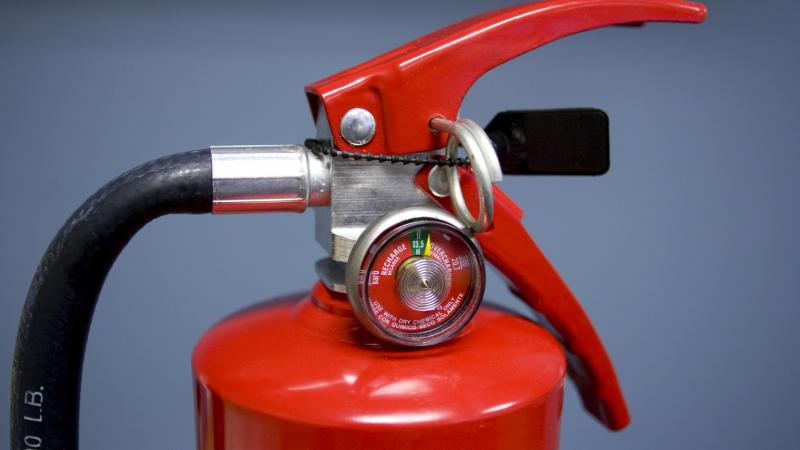
The Types
You need to understand the various types of extinguishers and when they can be used.
- A
Type A extinguishers can be used against ordinary combustible materials, such as wood, cloth, and paper.
- B
B extinguishers are used when you’re dealing with flammable liquids. If you choose the wrong extinguisher for this type of fire you’ll actually make it worse.
- C
This is the type used when dealing with electrical fire as you’ll cut the risk of an electrical shock.
You may be interested to note that water is not a good option for chemical fires or electrical ones. When adding to chemicals, such as hot oil, it vaporizes and increases the availability of oxygen for the fire. If used in electrical fires it gives the current somewhere to go, potentially getting you electrocuted!
The simplest solution is to purchase ABC or DCP extinguishers. These are designed to be used on all types of fire, making them the perfect option for every room in your home.
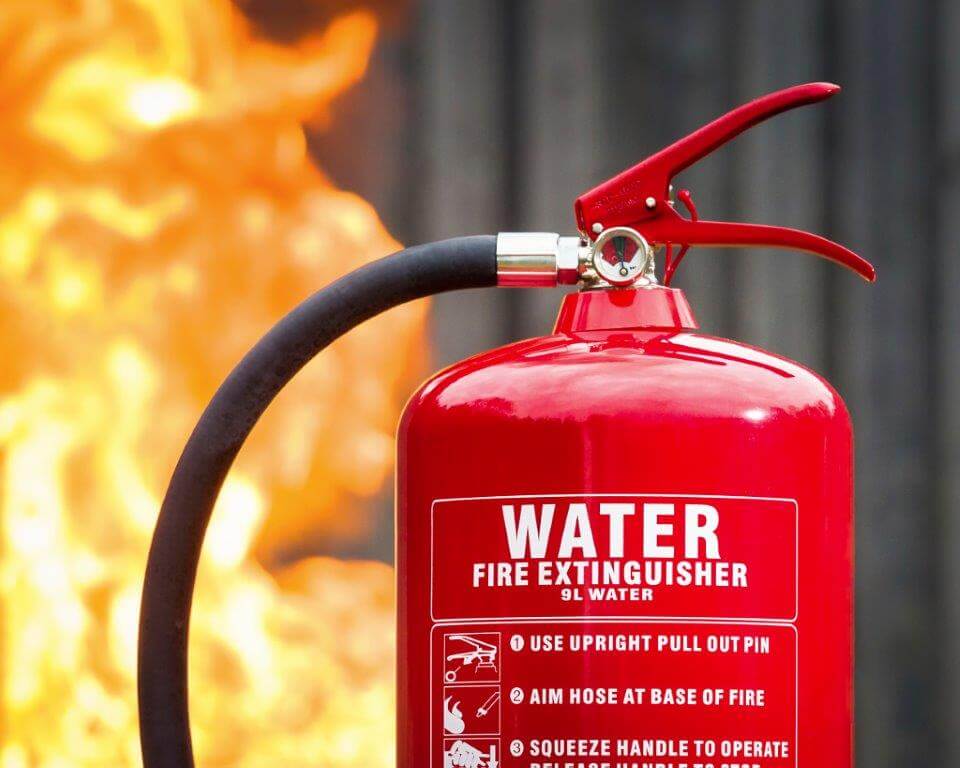
Additional Considerations
Fire extinguishers have a limited shelf life. Hopefully, you won’t need to use them during that period. But, for them to remain effective you’ll need to have them recharged. This is like refilling them and ensuring they have enough pressure to be useful in the event of a fire.
It’s a good idea to check if the supplier can recharge them or not.
Finally, you should remember that a fire extinguisher is only part of your fire preparations. One of the most important elements is devising an escape route that anyone can use o get out of your home. It’s important that there are two exit points from every room and that anyone in the house knows what they are.
You should also fit smoke detectors, get fire blankets, and consider having fire curtains fitted. They will help to keep you and your loved ones safe.

